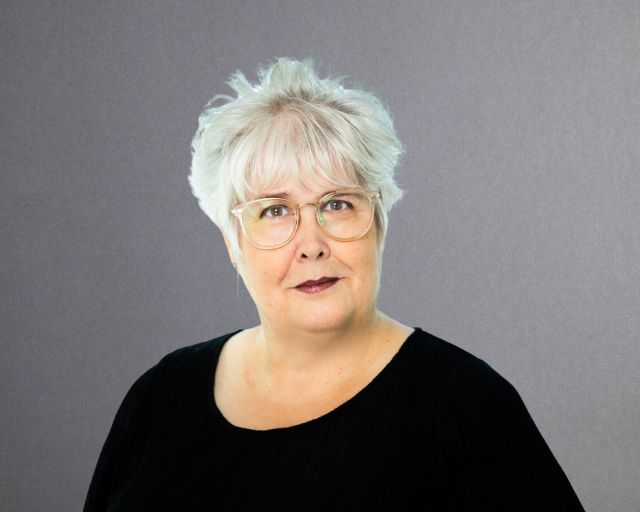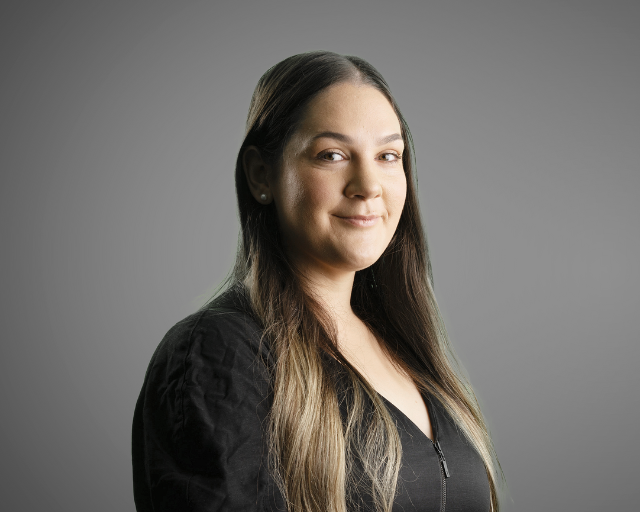YOUR FDRP QUESTIONS ANSWERED
We spoke with Linda Kochanski, Senior Practice Area Leader for Dispute Resolution at The College of Law, about what to expect from the Family Dispute Resolution Practice (FDRP) program and why more professionals are choosing this path.
There’s been a real shift in how families want to resolve conflict. More clients are actively avoiding court. Family Dispute Resolution is becoming the starting point, not the fallback. It’s also a smart way for professionals to expand their work with families or transition into a new area.
It’s a broad mix. Family lawyers, social workers, psychologists, counsellors, child protection workers and even police officers. Some already work with separating families. Others are looking to change direction or add new skills to their existing role.
Very practical. You won’t be writing long essays. Instead, you’ll show how you apply key concepts like confidentiality or child-focused practice during workshops. Most assessments are based on how you handle real-life scenarios. It’s about building confidence and capability.
Yes. The program is structured to suit working professionals. Each subject runs over six weeks and includes a three-day workshop. You can take one subject at a time or complete multiple across two intakes. It’s flexible and manageable.
Both options meet the 50-hour practicum requirement for accreditation. If you already work in a service that offers Family Dispute Resolution, external placement might suit. But FDR5 gives you structured practice in a simulated environment, with direct support from a coach. For many, that feels more practical and achievable.
A lot. In each workshop, you’ll work in a small group with a dedicated coach. There’s one coach for every three students. You’ll get clear feedback and personalised support. Many students stay in touch with their coaches after graduation and go on to use them as supervisors or mentors.
Following accreditation with the Commonwealth Attorney-General’s Department, some graduates go straight into FDR roles, particularly if they’re already in a legal or community setting. Others build slowly, starting part-time or combining it with their existing practice. Many find opportunities through networks they develop during the course. The pathway is flexible, depending on your goals and experience.

It’s not theory-heavy. You’re learning how to do this work in practice with real families, real issues.” – Linda Kochanski, LLB, Nationally Accredited Mediator (NMAS), FDRP

Family law can be very litigious, but it doesn't have to be. So my practice in learning more about dispute resolution areas and how to manage dispute resolution and conflict resolution was valuable.
Emma Youdale, LLM Graduate - FDRP
WANT TO FIND OUT IF FAMILY DISPUTE RESOLUTION PRACTICE IS RIGHT FOR YOU?
Have a chat with our friendly team or explore the course to see if FDRP might be right for you. Discover how the program can fit into your career goals and help you take the next step toward accreditation.

